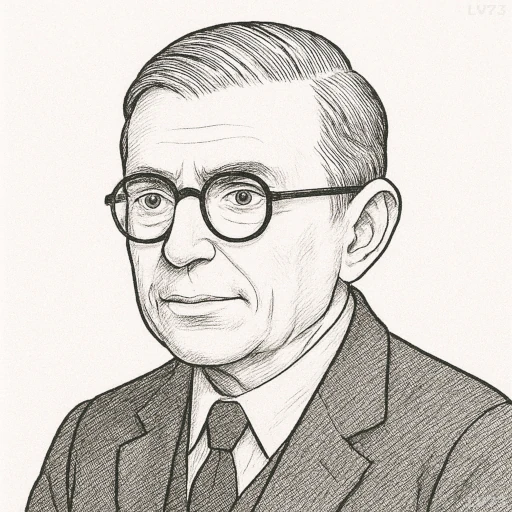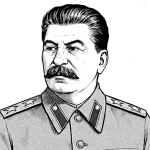“When rich people fight wars with one another, poor people are the ones to die.”

- June 21, 1905 – April 15, 1980
- Born in France
- Philosopher, novelist, playwright
table of contents
Quote
“When rich people fight wars with one another, poor people are the ones to die.”
Explanation
In this quote, Sartre highlights the inequities of war and its disproportionate impact on different social classes. The rich, who often have the power to wage war, are physically removed from the violence and suffering that war entails. They make the decisions, often for political, economic, or ideological reasons, but it is the poor who are sent to fight and bear the brunt of the violence. The rich may gain wealth or power from the outcomes of war, but the poor, who have little choice but to serve, face death, injury, and destruction. Sartre’s words underscore the social injustice that exists in how wars are fought and who bears the cost of conflict—it is the poor who are often expendable in the eyes of the wealthy, who remain insulated from the harsh realities of battle.
Sartre’s existentialism, which stresses freedom and responsibility, is also reflected in this critique of societal structures. In a world where individual freedom is often constrained by economic and social forces, the poor are left with little agency or choice when it comes to matters of war. This powerlessness is an existential tragedy, as the poor are forced into situations where they have no real freedom to avoid suffering. Sartre’s comment, then, is not just a critique of war, but also a critique of societal structures that perpetuate inequality and use the vulnerable as instruments for the ambitions of the powerful.
In modern contexts, this quote resonates with ongoing global conflicts where the most vulnerable members of society are often the first to be sent into war zones. Whether through military service, economic coercion, or the impact of war on marginalized communities, the poor continue to bear the brunt of conflict initiated by those in power. Sartre’s words encourage us to question the ethical implications of war and the inequalities that drive it, urging a more just approach to both the causes of conflict and the distribution of its consequences. The quote serves as a reminder that, in wars, it is often not the decision-makers but the vulnerable who suffer the most.
Would you like to share your impressions or related stories about this quote in the comments section?




